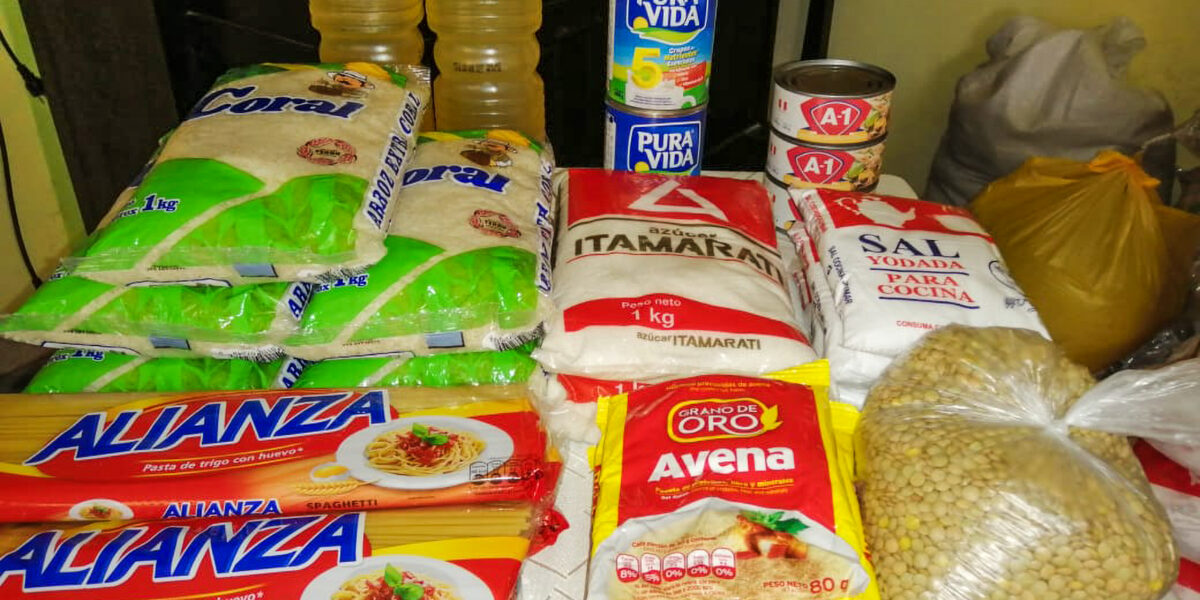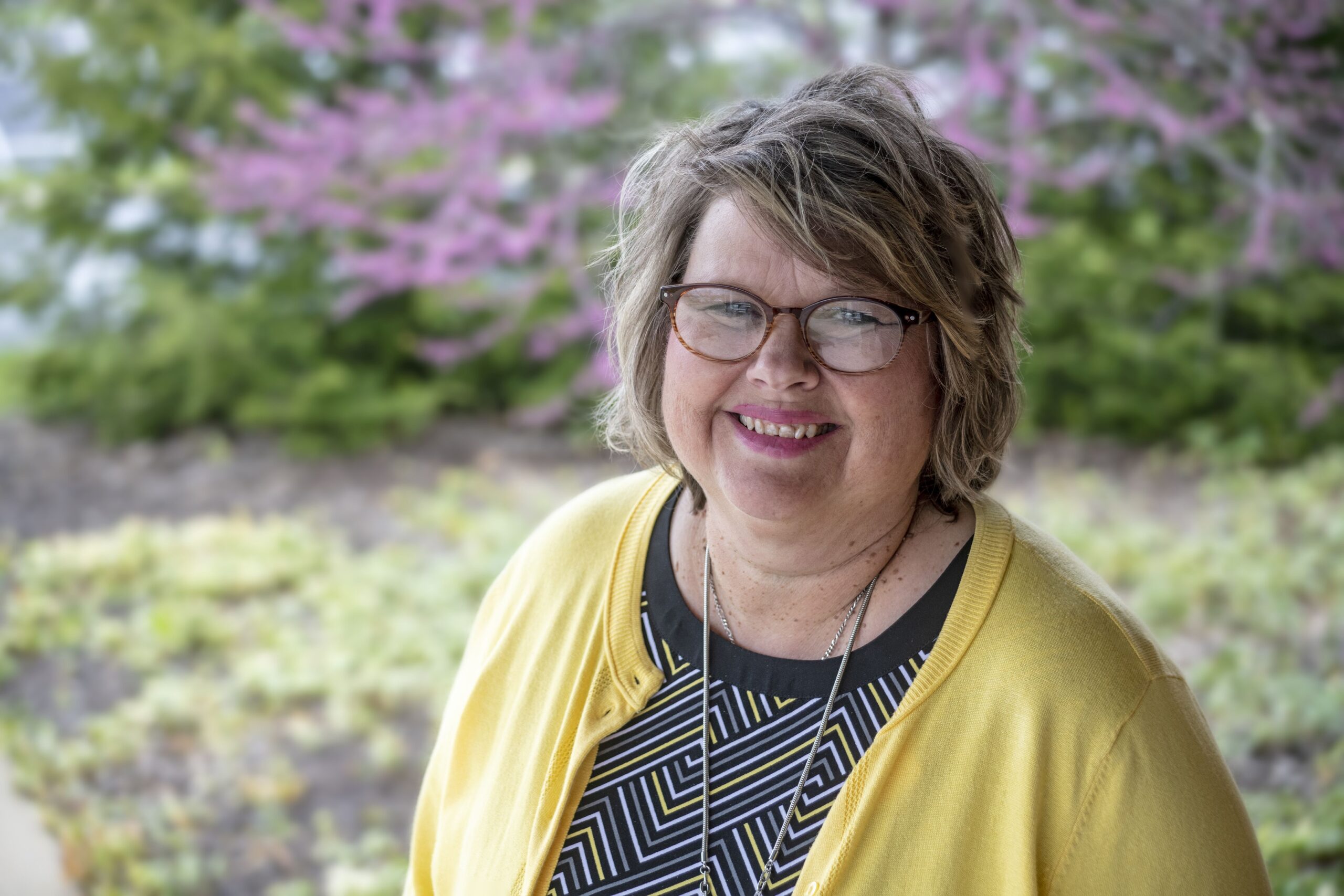NOTE: Mennonite World Conference (MWC) has given Mennonite Mission Network permission to add to and reprint sections of an earlier report found here on MWC’s Global Church Sharing Fund.
NEWTON, Kansas (Mennonite Mission Network) — In healing solidarity with Anabaptist groups around the world, Mennonite Mission Network has contributed $15,000 for pandemic relief through Mennonite World Conference’s (MWC) Global Church Sharing Fund (GCSF).
As a member of GCSF’s COVID-19 task force charged with allocating the resources, Mike Sherrill, executive director for Mission Network, said collaborating with more than 10 other agencies is forging a deeper sense of connection among them all. So far, the task force has fulfilled 35 relief proposals arising from within national churches predominantly in the global south.
"This collaboration celebrates our global communion of Anabaptist church bodies by drawing our agencies into speedily directing relief where is it most urgently needed," Sherrill said. "In addition, the more aware the global Anabaptist community becomes of each other, the more we appreciate and support each other in prayer and sharing, the stronger hope we have of navigating together the path to the future in grace and wholeness."
Some of those proposals have come from Mission Network partners, including the Colombian Mennonite Church, Iglesia Cristiana Menonita de Colombia, (IMCOL). The late pastor Erwin Francisco Mirabal González, wrote a report of dire need in Venezuela before he died Aug. 5 from COVID-19. He coordinated pandemic relief for his church in partnership with Mission Network and IMCOL
"I have seen entire families in the garbage dumps looking to quench their hunger," he wrote. "I have also watched with sadness as they return the elderly from the hospitals because there are no possibilities to attend to them, nor medicines to supply them. … We pray to the Lord for strength to endure and not to resign ourselves, confidence to keep up our work in the midst of adversity, willingness to continue proclaiming the gospel…and to experience his shalom."
Under the leadership of the MWC’s Deacons Commission and global delegates, the task force determines criteria of accountability and coordinates responses to project proposals. This interagency response maximizes the strength of diverse organizations, builds on existing networks of primary relationships, and mitigates competition for scarce funds.
"When crisis strikes, some of our members are not as well-resourced to access agency aid resources," said MWC General Secretary César García. "By coordinating with Anabaptist agencies, we are fulfilling our mission and ensuring that help is available to all without duplication of efforts."
Food and sanitation materials are part of all the proposals from Anabaptist member churches in Africa, Asia and Latin America. With the fund’s assistance, local congregations in those regions are bringing relief to thousands of families, sharing the love of Christ in a tangible way with church members and their neighbors suffering hunger and lost income. Here are some examples of that relief:
- Food and hygiene kits for 500 households in five regions in Brazil.
- Food aid and emotional and spiritual support for 300 men and women in Honduras.
- Dry rations, seed grants for small businesses and an awareness campaign for 700 villagers in four areas of Bihar, India.
- Short and long-term labor opportunities for 250 men and women through agricultural farm development in Parrapat, India.
- Food and hygiene kits for 3,000 families in six regions of Bihar, India, and 300 land-less agricultural laborers in Tamil Nadu, India.
- Equipping 20 farming families in three regions of Uganda.
- Community-based nutritional, educational and health care support for commercial sex workers in Ethiopia.
- Installing 104 hand washing stations in public spaces outside church buildings and distributing food to 90 families in Indonesia.
- Community health education and food relief for thousands of men and women, and purchasing thermometers for community health surveys in Nigeria.
- Equipping 250 households with skills and tools for fruit and vegetable production in Sierra Leone.
- School support for children, a lunch program for aged persons, sanitation material distribution and economic activities in Venezuela.
- Hygiene materials to prevent infection and public awareness campaigns to mitigate gender-based violence in households in Zimbabwe.
"In most cases, church members have established relationships with their most vulnerable neighbors," said Henk Stenvers, MWC Deacons Commission secretary. "Giving out food and supplies builds on those connections and underscores the message of the love of Jesus through help in time of need and scarcity,"








